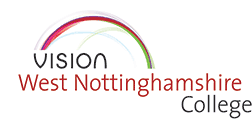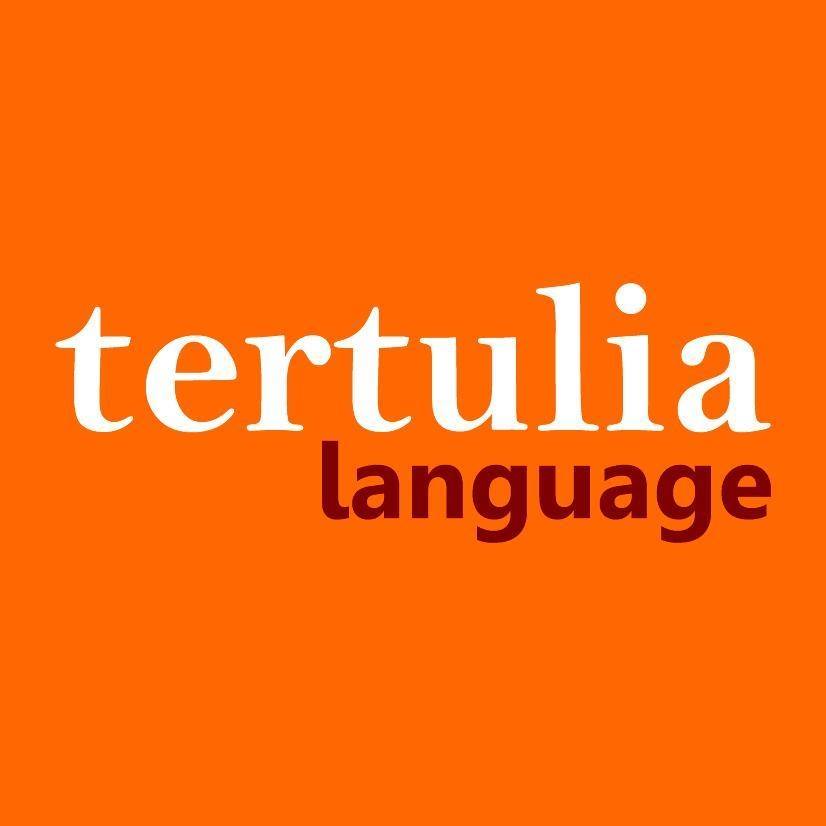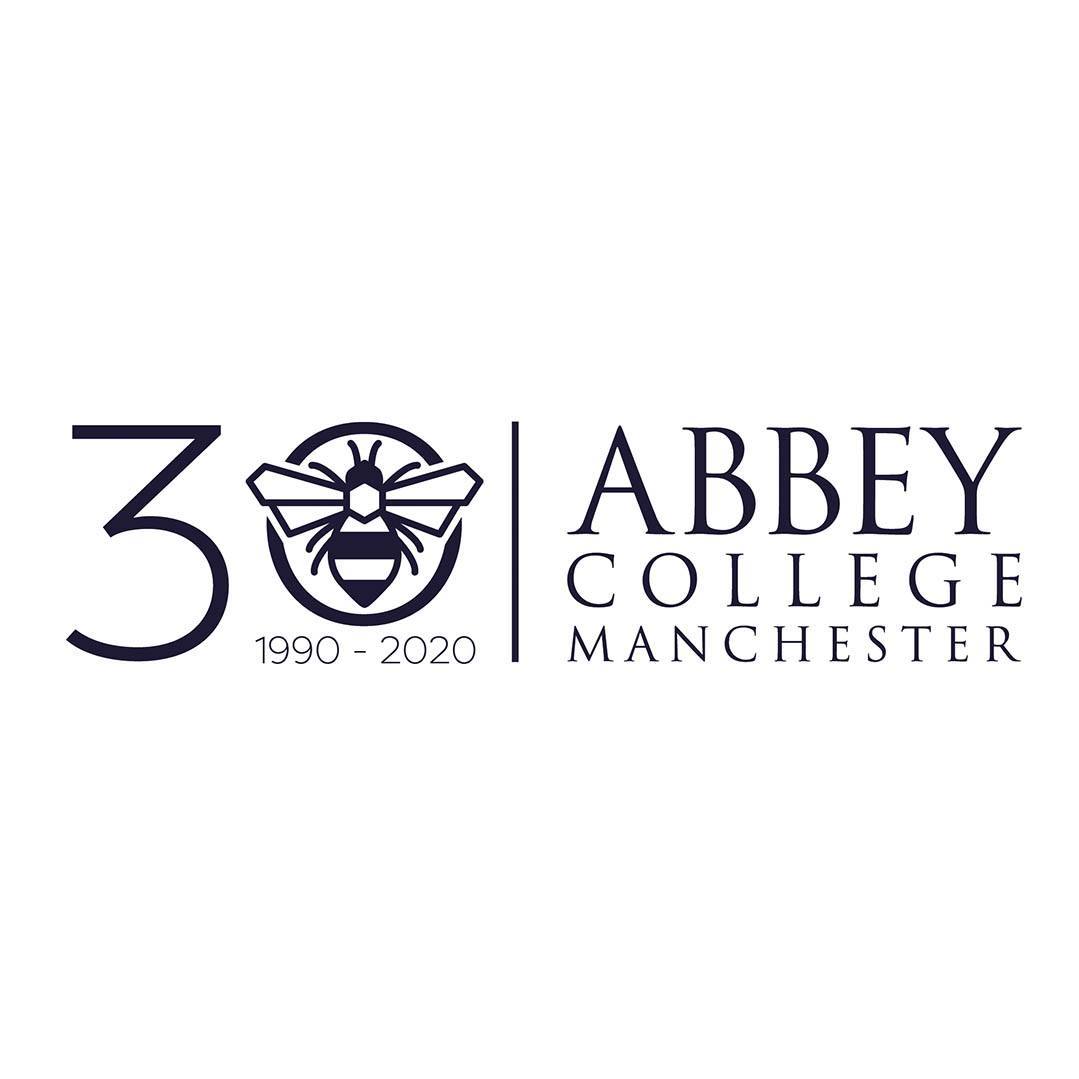A Level English Language offers an exciting exploration of how language functions in the real world. Throughout this course, you will analyse and understand the diverse ways English is used to shape meaning, influence thought, and communicate across a range of contexts.

A Level English Language offers an exciting exploration of how language functions in the real world. Throughout this course, you will analyse and understand the diverse ways English is used to shape meaning, influence thought, and communicate across a range of contexts.
From everyday conversations and social media posts to political speeches, advertisements, and literature, you will uncover the techniques and structures that make language so powerful.
You will also have the opportunity to develop your own writing, tailoring your style to suit different audiences and purposes.
Whether crafting persuasive arguments, creating engaging narratives, or analysing language in use, you’ll build on the foundations laid at GCSE, enhancing both your creative and critical thinking skills.
Through studying English Language at A Level, you will gain a deeper appreciation for the complexities of communication and a greater command of how to use language effectively in the world around you.
What does it combine with?
English Literature
History
Media
Psychology
Sociology
What will I study?
In this A Level course, you’ll explore a range of fascinating topics that shape the way we use and understand language. Key areas of study include children’s language development, the diversity and evolution of English, original writing, and textual variations.
You will analyse spoken and written texts across different dialects, idiolects, and sociolects, while also investigating the global spread of English and its impact on communication.
Beyond analysis, you’ll refine your skills as a writer and have the opportunity to conduct language research in an area that sparks your curiosity. This course encourages you to think critically about language and its role in society, prompting you to reflect on questions such as:
Why do we swear and what purposes does it serve?
Has political correctness changed the way we use language?
How does the language of social media differ from traditional written texts?
How do we acquire language in the first place?
Is grammar still relevant in modern communication?
And many more intriguing topics!
Entry requirements
Five GCSEs with grades 4-9, including GCSE English Language and GCSE English Literature
If you have only studied GCSE English Literature and not GCSE English Language, please discuss this with the subject tutor.
Study programmes - essential skills for employment
If you're a student between the ages of 16 and 18 (or 19 to 25 with an EHC Plan) we want to make sure you have the best possible chances of landing an awesome job once you finish college.
Students who haven't achieved a grade 4/C in GCSE maths or English to continue studying these subjects while you're here with us. By doing so, you'll be building a strong foundation of skills that will significantly boost your employability in the future.
Think of it as a chance to supercharge your knowledge and abilities. You'll be equipped with the tools necessary to tackle the world beyond college with confidence. Plus, we'll be right here to support you every step of the way.
In addition, to help you gain essential skills for employment, all students aged 19 and under and studying a full-time course with us will take part in our study programmes.
How will I be assessed?
Assessment for this course is primarily through exams, taken in May/June of the second year, complemented by a coursework component worth 20%.
The course uses a variety of assessment methods, including data analysis, creative writing, and research-based investigative tasks, allowing you to develop a diverse skill set.
These assessments will sharpen your ability to critically analyse texts, interpret data, evaluate arguments, and present well-reasoned ideas.
You will also enhance your writing skills across multiple forms, from analytical essays to creative pieces, all of which are highly valuable for both further study and future career opportunities.
With only two exams and a significant coursework element, this course offers a balanced approach to learning, helping you to build confidence in a range of academic and practical skills.
What does the course lead to?
This course opens the door to a wide range of career opportunities. Many students go on to become journalists, authors, editors, teachers, solicitors, public relations professionals, and more.
The skills you develop in critical thinking, communication, and writing are highly valued across numerous industries, giving you the flexibility to pursue various professional paths.
What can I progress onto?
This course provides an excellent foundation for university-level* study, not only in English Language but also in related fields such as linguistics, creative writing, history, politics, media, communications, and journalism.
*As we are a partner college of Nottingham Trent University (NTU), you may qualify for various benefits should you choose to apply to NTU after completing your college course.
This could include a Progress NTU offer, where you would receive an offer one grade below their standard offer. For instance, a typical offer for one of their courses might require 128 UCAS tariff points. With Progress NTU, your requirements would be 120 UCAS tariff points.
Each year the college provides education and training to some 14,000 full and part-time students (including 4,000 apprentices) across all major industry sectors from entry level to level 5.
The college’s £50 million redevelopment has now reached completion, which means new buildings, new facilities and new opportunities. Students learn in state-of-the-art facilities, with industry-standard equipment, allowing them to hone their skills for employment.
At college, we embrace and encourage all those who are driven to better themselves, achieve their goals and reach new heights. Outstanding resources combined with exceptional teachers and student support means that whatever your ambition, we can help you to achieve it.

Our IELTS course focuses entirely on the skills and language you will need to succeed in the IELTS Academic test, enabling you to make rapid progress.

Improve your English communication skills and improve your employability skills.

Business Language Training Course is Offered by Tertulia Language.

The course brings to light how the whole world revolves around language

The English Path IELTS Preparation courses are for students who want to take the IELTS Academic Exam. This course is designed for preparing students at intermediate level and above for the IELTS Exam. It aims to develop your English skills and improve your exam technique.
© 2025 coursetakers.com All Rights Reserved. Terms and Conditions of use | Privacy Policy